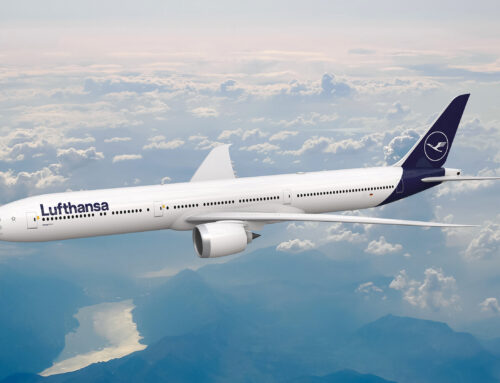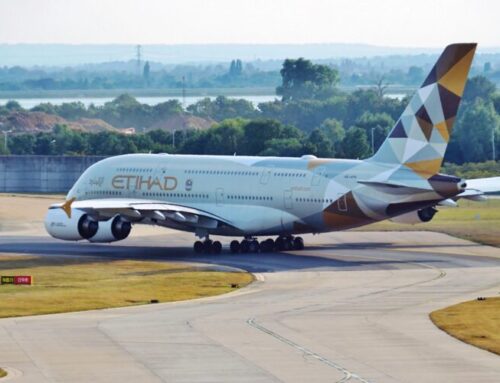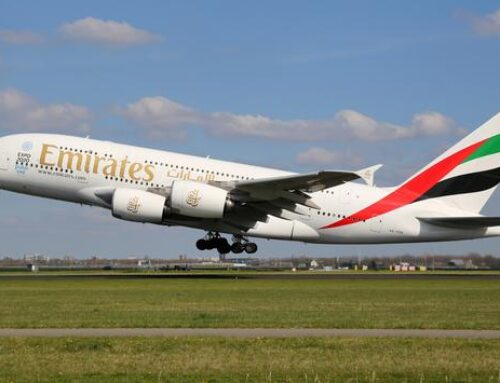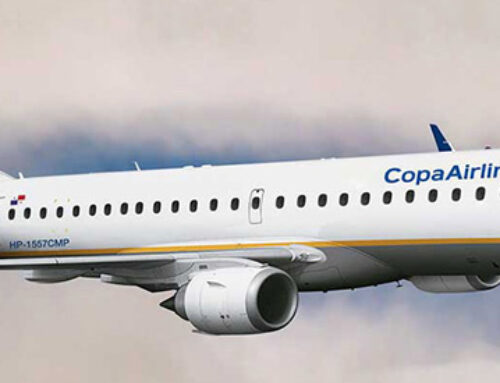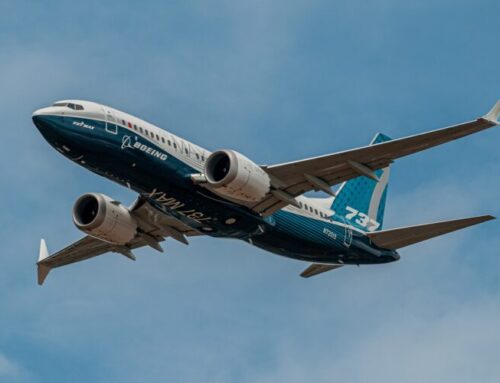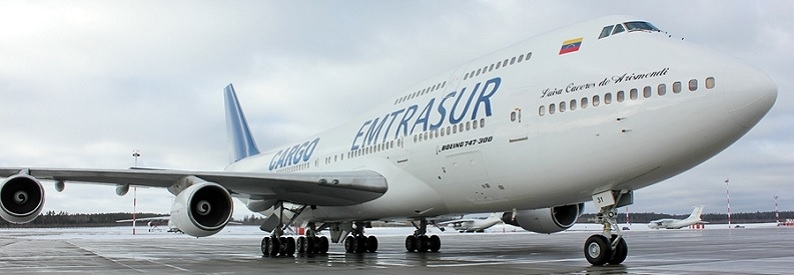
In a move reflecting escalating tensions in international aviation, the governments of Argentina and the United States have formally appealed to the International Civil Aviation Organization (ICAO) concerning Venezuela’s decision to close its airspace to all Argentinian-registered aircraft. This drastic measure comes in the wake of Venezuela’s response to Argentina’s involvement in the seizure and dismantling of a Boeing 747-300M aircraft owned by Emtrasur Cargo, a subsidiary of the Venezuelan state-owned airline Conviasa.
The closure has significantly impacted Aerolíneas Argentinas, the national airline of Argentina, forcing it to reroute flights destined for Punta Cana and New York JFK to avoid Venezuelan airspace. This situation underscores the broader implications of geopolitical disputes on civil aviation operations.
Venezuela has justified its actions by citing violations of the Vienna Convention on the Law of Treaties by Argentina and the United States. The Maduro-led Venezuelan government insists on reversing the airspace ban only if the Argentinian government provides compensation for the damages incurred by Emtrasur due to the aircraft’s seizure and subsequent scrapping. The aircraft in question, identified as YV3531, was detained in Argentina in June 2022 and was later transported to Miami Dade-Collier, where it was dismantled in February 2024, following a seizure warrant and an extradition process.
As the dispute unfolds, ICAO has remained cautious, stating it cannot release any information or statements regarding the matter at this time. This cautious stance highlights the complex and sensitive nature of international aviation disputes, which often intersect with broader political and legal considerations.
The involvement of ICAO in this matter signals the importance of adhering to international aviation laws and treaties, as countries navigate the challenging dynamics of airspace rights and the implications of geopolitical actions on commercial aviation. As the situation develops, the aviation community will closely watch how these disputes are resolved and their implications for international air travel.

